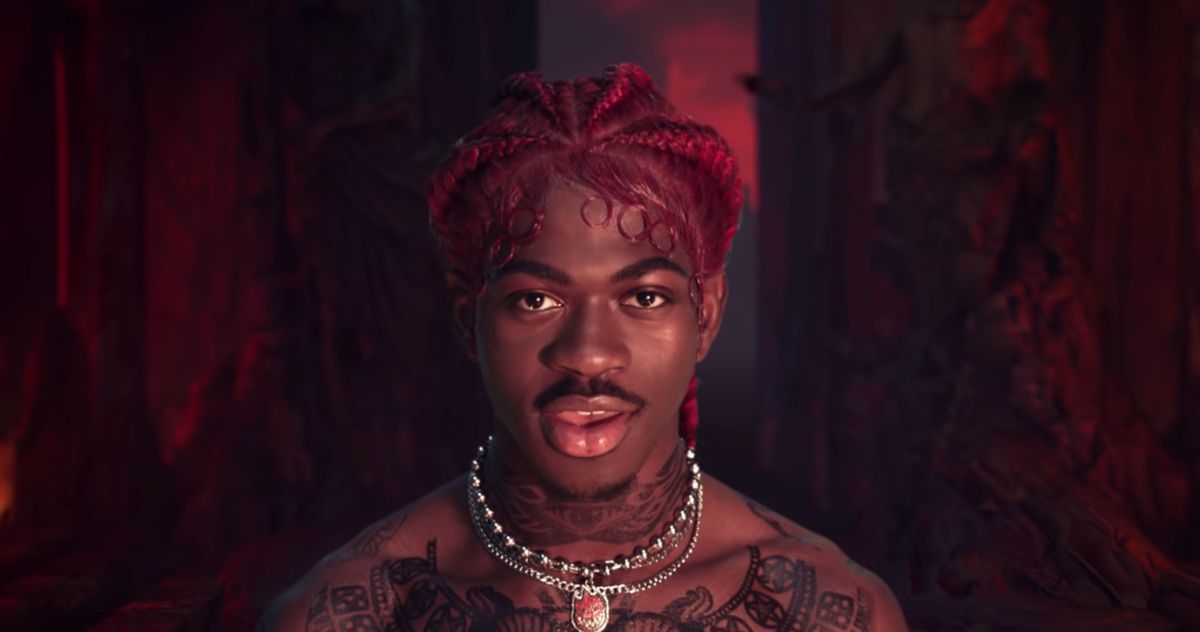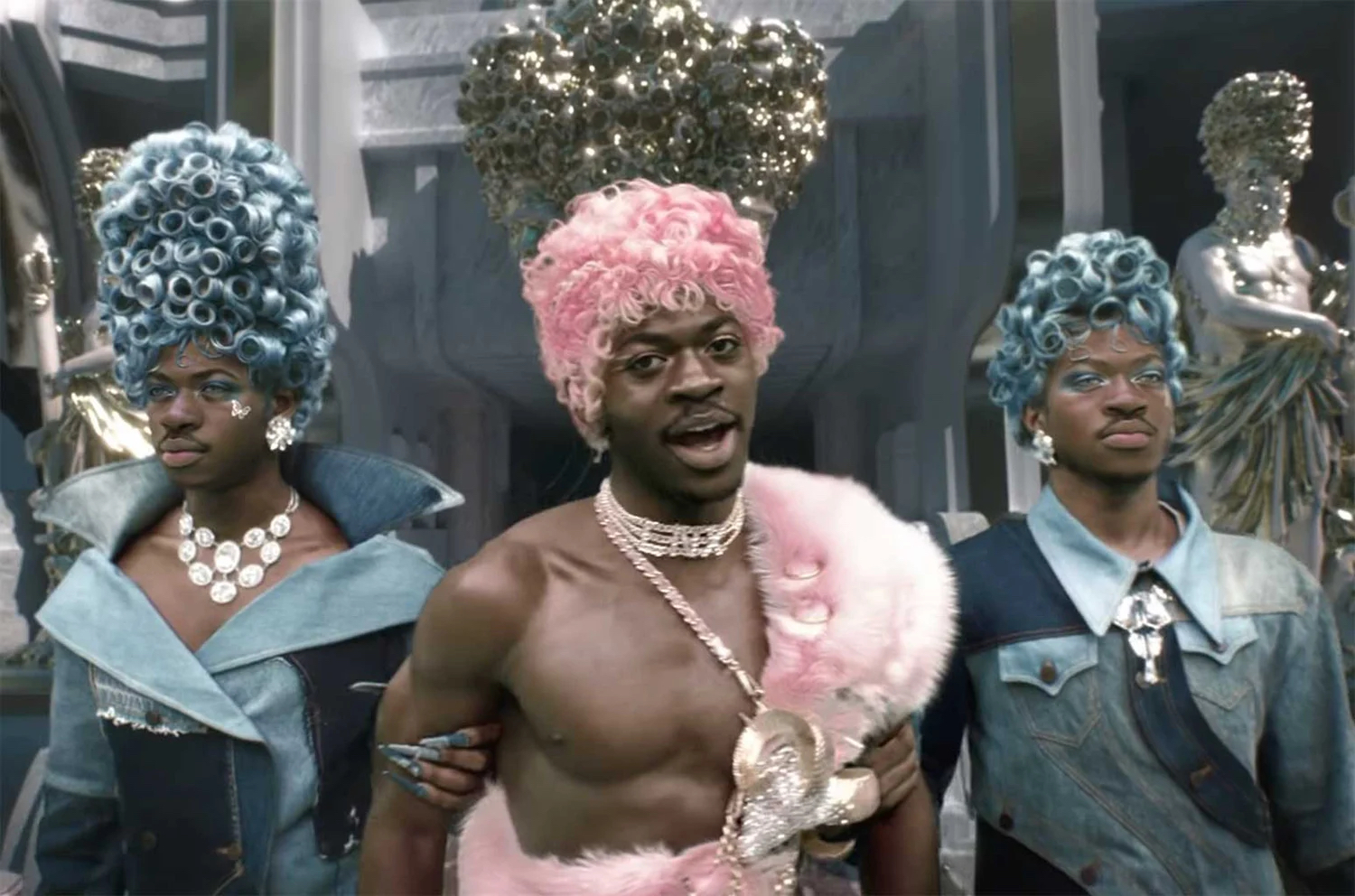RANKING THE BEST SONG PERFORMANCES AT THE OSCARS
Like many awards shows this past year, this weekend’s 93rd Academy Awards left much to be desired. However, luckily for music lovers, the Best Song performances managed to avoid the awkwardness and disorganization that plagued much of the evening. In case you missed the show, here are our rankings:
5. Speak Now (One Night in Miami)
WRITERS: Sam Ashworth and Leslie Odom. Jr
PERFORMER: Leslie Odom Jr.
Standing on the roof of the new Academy Museum in Los Angeles, CA, Tony-winner Leslie Odom Jr. gave a beautiful performance of “Speak Now,” from the end-credits of Regina King’s One Night in Miami. The Hollywood skyline served as a stunning backdrop to Odom Jr.’s presentation as he stood alone on a large circular stage surrounded by mist, powerfully pleading the listener to make their voices heard and fight for what is right, reiterating a major theme of the film. However, although the visuals were remarkable and Leslie Odom Jr.’s talent is undeniable, the performance lacked energy and ended up feeling monotonous compared to the other presentations of the evening, landing itself in last place.
4. Io Sì (Seen) (The Life Ahead)
WRITERS: Diane Warren and Laura Pausini
PERFORMER: Laura Pausini
In fourth place sits Laura Pausini’s performance of the Italian song “Io Sì” from The Life Ahead. Pausini demonstrated incredible vocals throughout the sentimental and mellow piece, accompanied by Diane Warren on piano and a large orchestra surrounding the stage. In addition, this performance, also presented on the roof of the Academy Museum, was visually very impressive, with blue and red outfits and sets beautifully complementing a pink sunset. However, despite these promising characteristics, the performance fell flat and felt a little long, mostly due to the pitfalls of the song itself, which has been criticized for having generic and somewhat predictable sentiments. Furthermore, many of the lyrics were sung in English, taking away much of the charm of the original Italian song.

3. Hear My Voice (The Trial of the Chicago Seven)
WRITERS: Daniel Pembelton and Celeste
PERFORMER: Celeste
Although “Hear My Voice” has been criticized as a somewhat underwhelming theme for The Trial of the Chicago Seven, Celeste showed a different side to the song during her performance on Sunday night. Starting this rendition in a capella, the British singer-songwriter offered a stunning plea for the audience to “hear [her] voice, hear [her] dreams.” She was then joined by a beautiful piano instrumental and dozens of violinists, making good use of the (somewhat unusual) performance location on the roof of the Academy Museum and creating a beautiful atmosphere. Though at some points Celeste may not have seemed as comfortable on stage as the evening’s other singers and the song did become repetitive, her voice and the instrumental accompaniment carried the performance, earning it third position.
2.Husavik (My Hometown) (Eurovision Song Contest: The Story of the Fire Saga)
WRITERS: Rickard Göransson, Fat Max Gsus, and Savan Kotecha
PERFORMERS: Molly Sandén, Rachel McAdams, Will Ferrell
Coming in an extremely close second is Husavik, from Eurovision Song Contest: The Story of the Fire Saga. A powerful song about love and home, Husavik was the only Oscar nominated song that was actually performed during its movie, rather than during the closing credits. On Sunday, Swedish powerhouse Molly Sandén gave a stunning performance of “Husavik” on the other side of the globe, standing on a dock in front of an incredible Icelandic skyline (a setting similar to that seen in the Eurovision Song Contest movie). Accompanied by the sound of seagulls, Sandén performed alongside a children’s choir from Husavik and a variety of instrumentalists. Sandén clearly felt the lyrics deeply, and her vocals were almost unbelievable, with both literal and metaphorical fireworks accompanying her final high note. Offering a varied sound, an interesting setting, and an ensemble that really took you into the Icelandic mountains, Sandén and her accompaniment put together one of the most engaging performances of the Oscars.
1. Fight for You (Judas and the Black Messiah)
WRITERS: D’Mile, H.E.R., and Tiara Thomas
PERFORMER: H.E.R.
Taking first place (and the Oscar for Best Song) is H.E.R.’s “Fight for You,” a smooth, upbeat song about being heard and calling for action. In an interesting shift away from the primarily solo performances of the evening, H.E.R. began the song surrounded by a dozen people singing, playing instruments, and dancing to the music, all wearing outfits on theme with Judas and the Black Messiah. The energy was infectious, and you could tell that H.E.R. was not just feeling the lyrics, but really enjoying her time on stage. In addition, the performance thematically fit in perfectly with the film, as the stage was used to display video footage of members of the Black Panther Party and their speeches, including Fred Hampton and Huey Percy Newton. Throughout the song, H.E.R. not only perfectly managed her role as a leader, singing and playing the drums beautifully, but also fit into the ensemble seamlessly when needed. This powerful performance of “Fight For You” presented a perfect blend of musical artistry and cinematic connection to Judas and the Black Messiah, adding a unique flare to this year’s Oscars performances and earning it first place.
House Democrats Move to Investigate Live Nation’s Ticketing “Monopoly”





